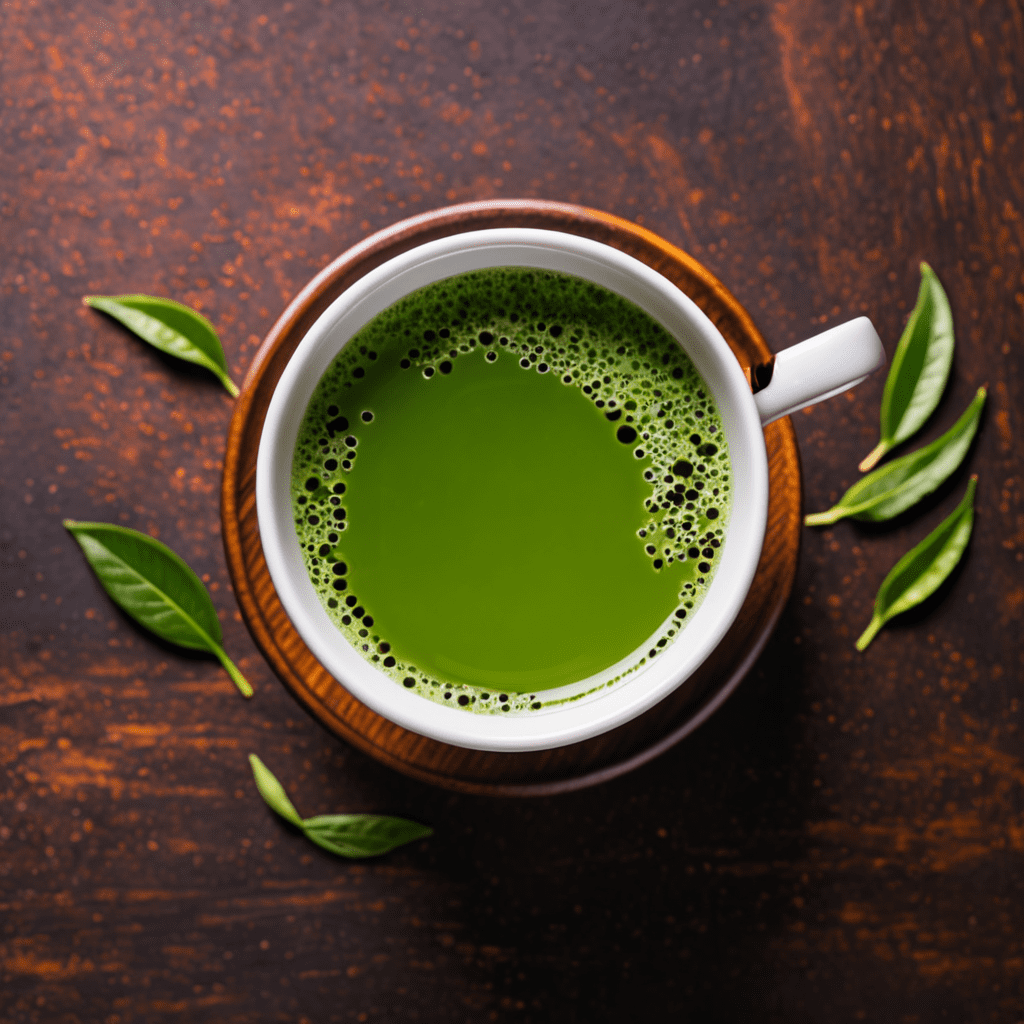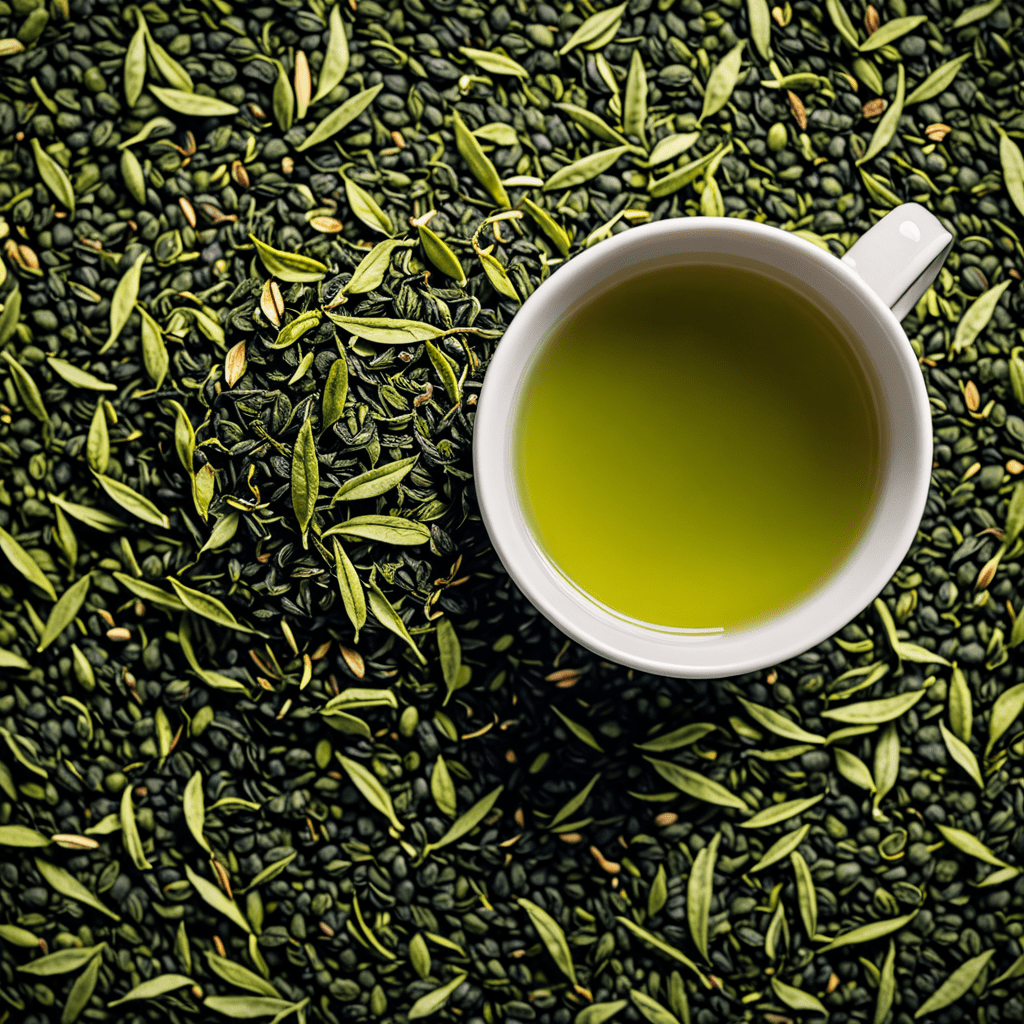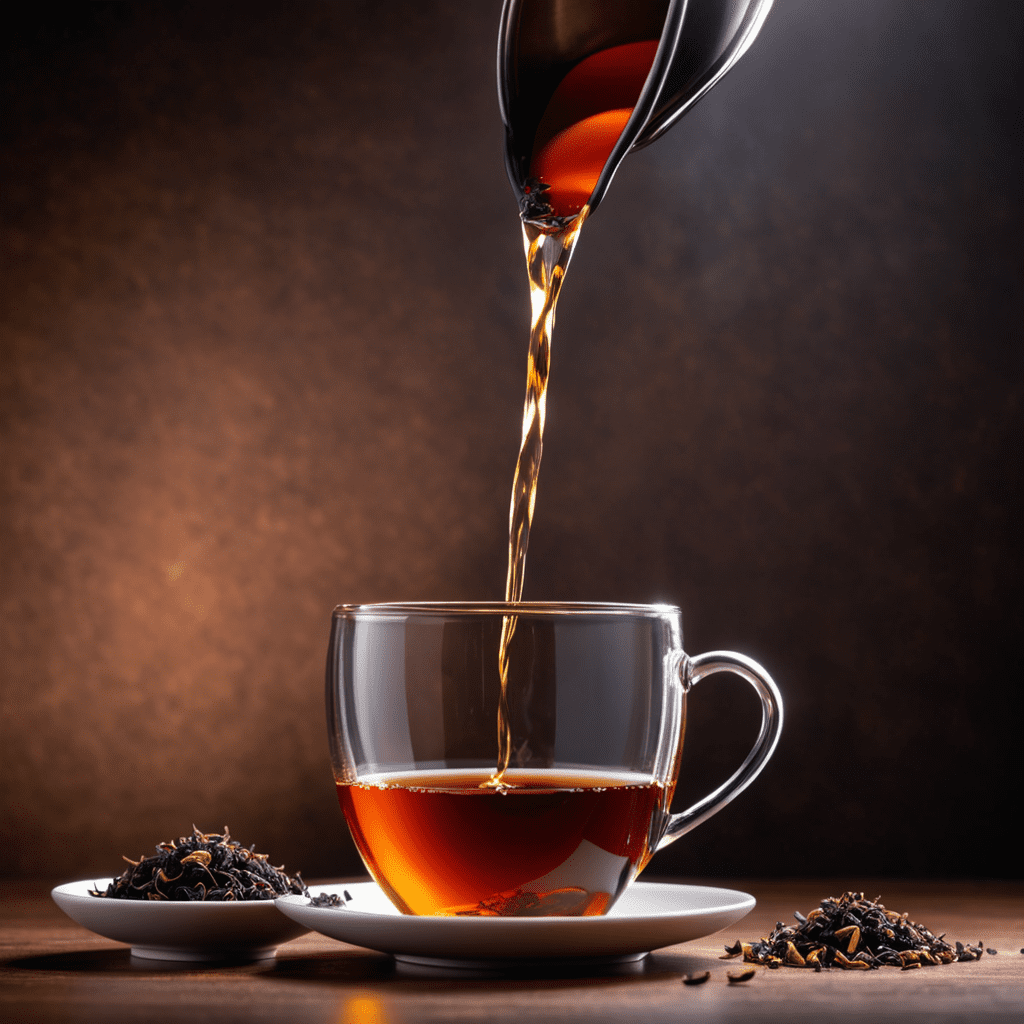
Unveiling the Caffeine Content of Matcha Green Tea: All You Need to Know
Understanding Matcha Green Tea
Matcha green tea, a time-honored beverage with origins in Japan, has gained immense popularity worldwide. This vibrant green powder is made from finely ground green tea leaves, resulting in a concentrated source of nutrients and antioxidants. Matcha is revered for its unique flavor and numerous health benefits, making it a staple in many tea enthusiasts’ pantries.
Exploring Caffeine in Matcha
Caffeine is a natural component of green tea, including matcha. L-Theanine, an amino acid found in matcha, works synergistically with caffeine to provide a sustained release of energy without the jitters often associated with coffee. The combination of caffeine and L-Theanine is known to promote alertness and concentration, making matcha a favorable choice for individuals seeking a balanced energy boost.
Measuring Caffeine Levels
The caffeine content in matcha green tea can vary based on several factors, including the quality of the tea leaves and the preparation method. On average, an 8-ounce serving of matcha contains approximately 70 milligrams of caffeine. This moderate caffeine content makes matcha an excellent alternative to coffee for those looking to reduce their caffeine intake without sacrificing a much-needed energy lift.
Comparing Caffeine Levels
When comparing matcha’s caffeine content to other beverages, it’s important to note that an 8-ounce cup of coffee typically contains around 95 milligrams of caffeine. On the other hand, a standard cup of black tea contains approximately 40-70 milligrams of caffeine. Matcha’s caffeine content falls within this range, positioning it as a favorable choice for individuals seeking a caffeinated beverage with a harmonious balance of energy and tranquility.
Understanding Caffeine Sensitivity
Individual responses to caffeine can vary significantly. While some individuals may comfortably consume matcha without experiencing adverse effects, others may be more sensitive to caffeine and should moderate their intake accordingly. It’s essential to listen to your body and adjust your consumption based on your tolerance level and overall well-being.
Maximizing the Benefits of Matcha
For those desiring the myriad health benefits of matcha without the stimulating effects of caffeine, ceremonial grade matcha, renowned for its exquisite taste and superior quality, offers a delightfully smooth and mellow flavor. Additionally, incorporating matcha into culinary creations, such as smoothies, lattes, and baked goods, allows for a versatile and enjoyable way to savor this vibrant green tea.
Indulging in the Delightful World of Matcha
Matcha green tea stands as a captivating testament to the artistry and tradition of tea brewing, offering a wealth of flavor, nutrients, and an invigorating touch of caffeine. Whether enjoyed traditionally or incorporated into modern recipes, matcha continues to enchant individuals seeking a vibrant and healthful beverage.
Frequently Asked Questions (FAQ)
What is the caffeine content of matcha compared to other green teas?
The caffeine content in matcha can be higher than that of other green teas, as matcha is made from whole powdered tea leaves, allowing for a concentrated source of caffeine and antioxidants.
Is matcha a suitable option for individuals sensitive to caffeine?
While matcha contains caffeine, its unique combination with L-Theanine often results in a more balanced and sustained energy release compared to coffee. However, individuals sensitive to caffeine should still be mindful of their matcha consumption.
Can matcha be enjoyed without the stimulating effects of caffeine?
Yes, ceremonial grade matcha, known for its superior quality and exquisite taste, offers a delightful, smooth flavor with a reduced caffeine content. This makes it an excellent option for those seeking the health benefits of matcha without the stimulating effects of caffeine.

